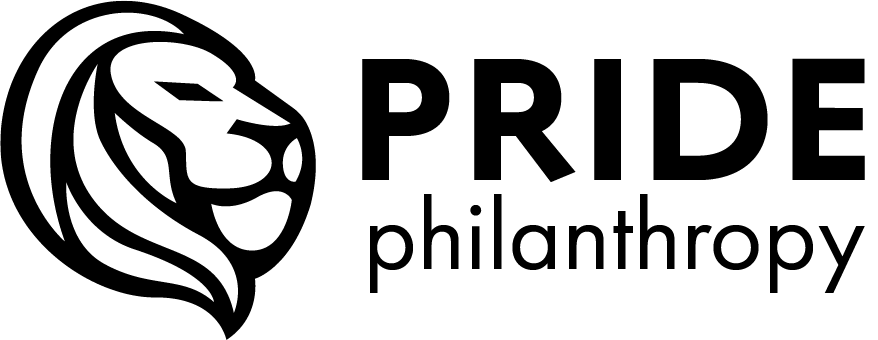What Can You Gain From a Feasibility Study?
“My charity is considering launching a capital campaign later this year. Should we conduct a feasibility study?” A feasibility study is an objective assessment to determine whether a capital campaign is “feasible” for any given organization. Revealing potential donors and identifying a constituency’s inclination and ability to support are critical components to financial success. The most effective feasibility studies are actually expanded “opportunity assessments” and offer more than just an evaluation of external and internal readiness for a campaign. They also provide defined strategies and supporting actions that need to be incorporated and implemented in a successful capital expansion effort, and a specific set of suggested next steps for targeted prospective donors. A valuable, thorough assessment process provides insight along with concrete, specific recommendations for early action to create and maintain positive momentum. A well-orchestrated effort can actually serve as a valuable ongoing assessment and motivational tool for staff and volunteers, whether or not an organization is embarking upon a major capital campaign. The “w’s” and the how-to’s of a study should include:
What are the clearly defined needs in the case for support?
Which components are most compelling, and why?
What are the benefits — and to whom — of this campaign?
How should the campaign messaging be unveiled and presented?
What is the very specific range of financial potential for the project or cause?
What is the suggested timetable? Will it be a single or multi-phased campaign?
Who are key leaders within the constituency willing to engage?
Which individuals – both staff and volunteers – are solidly committed to the launch?
Who will recruit the leaders? When and how will that process occur?
How should the campaign be structured, both internally and externally?
What are the key next steps, and who is responsible for each?
Occasionally, information gleaned from interviewees and supporting research during the study can alter an organization’s expected course of action. In a recent opportunity assessment Pride Philanthropy conducted for a large health system, many key interviewees were not motivated — or seemingly even interested — in the primary capital initiative that was being tested. Several suggested expanding and including other more compelling needs. As a result, the campaign focus shifted to focus more upon the community’s perceived needs, not just hospital needs, and previously unidentified prospects surfaced in support of the new more broad-based initiatives.

